How to stay safe during a natural disaster
To keep you and your family safe during a natural disaster, these preparedness safety tips can prevent injuries and make the difference in an emergency:
- Stay informed.Tune in to local authorities for information about evacuations and safety tips.
- Have a plan for evacuation. Know where you will go during a natural disaster and how you will get there.
- Keep emergency kits on hand. Stock kits with flashlights, batteries, first aid supplies, and important identification information.
- Avoid unnecessary risks. Do not leave your home unless instructed to do so.
- Go to the safest area in your home.During a flood, go to a higher floor. If a tornado is in the area, go to a basement or inner room on the bottom floor of your home.
Home safety tips for hail storms
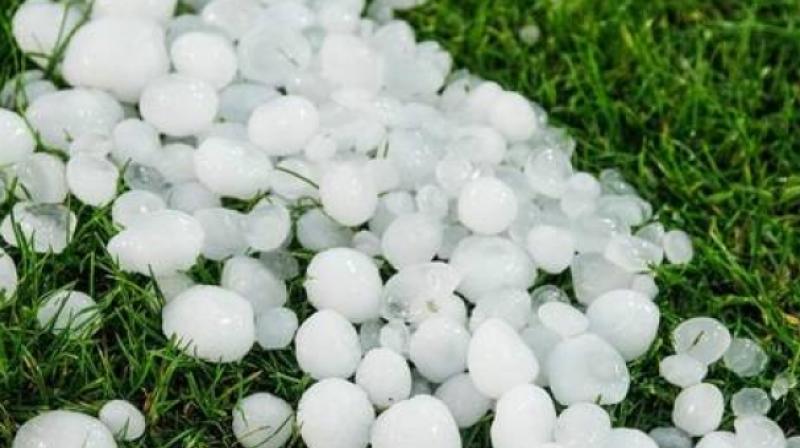
To avoid having to brave the storm, take these preventative measures
- Park cars in garage or covered areas: Vehicles stand a better chance if they are protected in an enclosed area.
- Don’t leave furniture and other valuables outside: Store outdoor furniture in a shed or bring inside. Try to avoid leaving any other valuables outdoors, such as grills, outdoor toys, or recreational equipment like bicycles or skateboards.
- Keep clear of windows and draw curtains to protect from shattered glass: Drawing curtains will help protect from injuries caused by shattering glass.
- Assess damage immediately after storm has passed and file claim as soon as possible to avoid further damage:
- Check roof for damage. Look for torn shingles or leaks.
- Evaluate metal gutters. Make sure there are no obstructing dents or holes.
- Determine whether damage has occurred to windows or glass doors. Repair immediately.
Home safety tips during a tornado or high winds
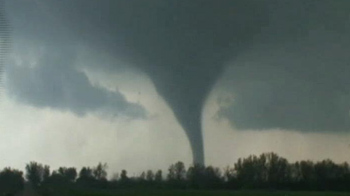
While tornadoes often occur with little notice, there are some preventative measures you can take to prepare your home. Check out these tips:
- Secure large appliances with cabling or metal strapping.
- Reinforce your garage door by adding weight or replace if not in good repair.
- Secure siding. This can be done with fasteners or other materials.
- Arrange home so that heavy objects are close to floor.
- Store hazardous chemicals in secured area away from food and water supplies.
- Use covers to protect windows and doors.
- Repair any roofing that may be loose or damaged.
- Remove or trim trees of other landscaping that could cause damage in high winds.
Safety at home during hurricanes
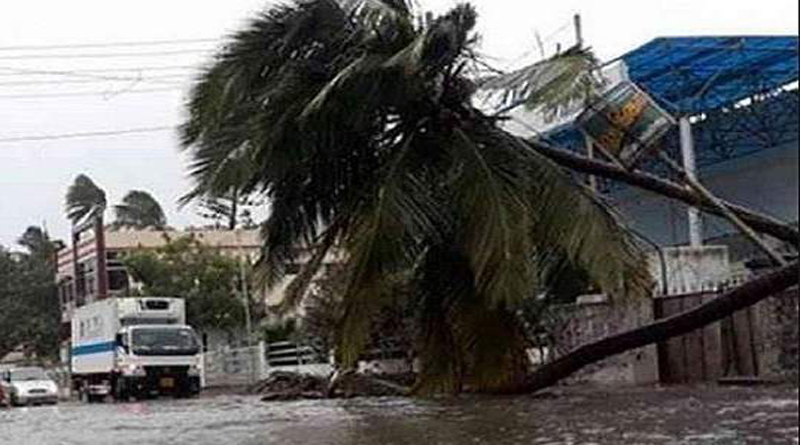
How can you practice safety at home during a hurricane? Follow these tips.
- Remove or trim tree branches or tall bushes.
- Reinforce your garage door with additional weights and supports to prevent wind damage.
- Secure and reinforce windows and doors.
- Check and repair any loose roofing, gutters or spouts.
- Inventory valuables.
- Prepare a disaster supply kit, including first aid items, blankets, a generator, and extra food and water.
How to stay safe during a flood

Follow these home safety tips to keep your family and home safe during a flood:
- Store valuables in a watertight safe.
- Back up important documents online or in a safe, waterproof place.
- Prepare an evacuation plan.
- Stock emergency and first-aid supplies
- Keep extra batteries and flashlights on hand.
- If you are stuck in a building, move to the highest floor.
How to stay safe during a Manmade Disasters
Manmade disasters are preventable. If the buildings are constructed according to the prescribed by-laws, there would be no collapses. Similarly, if fire fighting equipment’s have been installed and safety routes provided, even when fire breaks out, the damage to human beings would be minimal.
Natural disasters may not be averted under all conditions. But the human misery that is caused can definitely be minimized. If we are prepared for a disaster, there would be minimum suffering and losses. Disasters like floods wiped off entire civilizations like the one in Indus Valley.
Train and Road Accidents
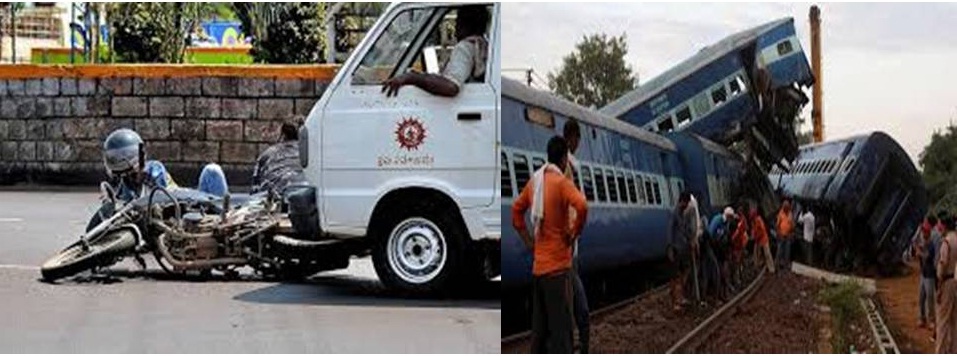
Not all railway crossings in India are manned. Accidents caused by running trains to passenger vehicles crossing the railway tracks are preventable. There is need for greater care and caution on the part of road traffic as well as the railway authorities. Most road accidents are caused by willful violation of traffic rules such drunken driving, over speeding and moving against light signals.
Fire Hazards
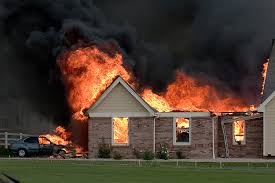
Most big cities now have high rise buildings. A great majority of them do not meet fire fighting specifications. In case of an accidental fire, use of water has to be avoided in case the fire has been caused due to kerosene or petroleum product spill. Sand should be used to cover the flames.
Persons trapped should be taken out with the rescuing person covered in wet blanket. The job is best left to professional fire fighters-men from the fire Brigade. It is important to have instructions regarding how to act in case of fire displayed all over the campus.
Chemical Disasters
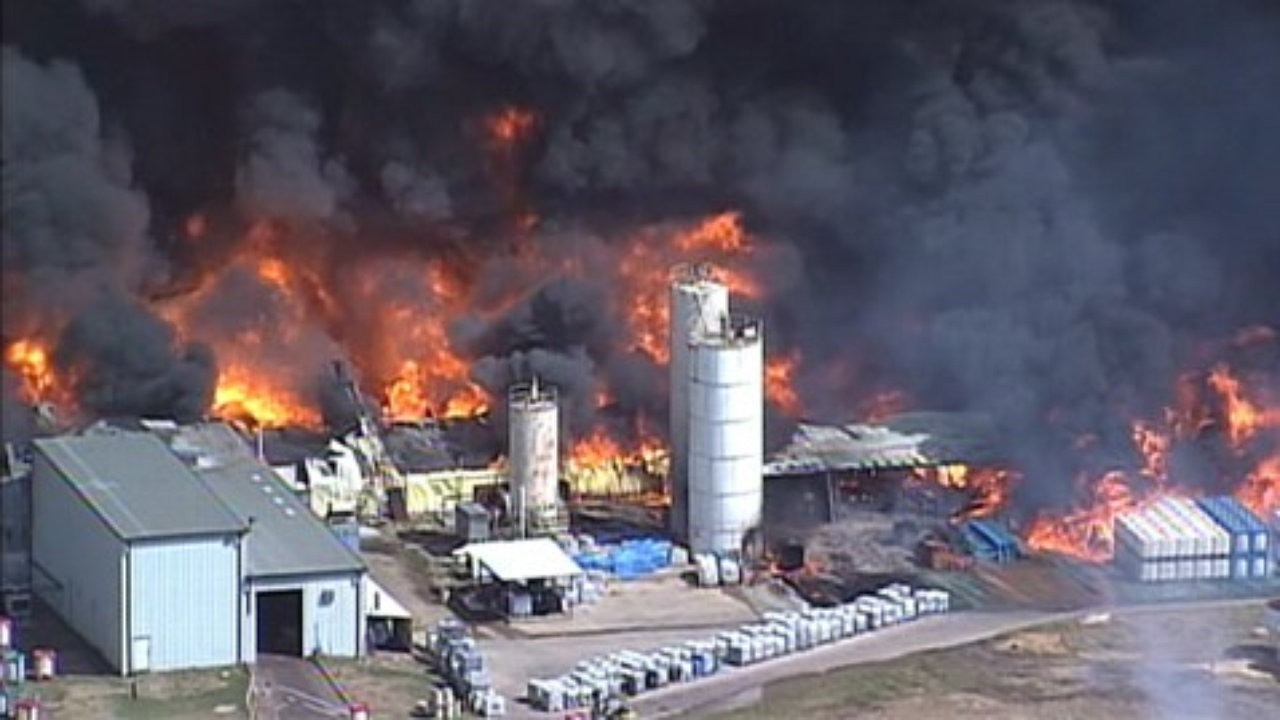
Chemical disasters can be caused by leakage of poisonous gases from industrial plants. Gases spread easily and soon cover large areas. Breathing poisonous gases can damage the respiratory system. Chemical disasters may be caused by accidents at industrial plants may even be used by terrorist as a weapon for mass destruction.
The worst part of the tragedy was that no one was prepared for disaster of this magnitude. People ran to hospitals only to find that the doctors were unaware of the antidotes to MIC poisoning. There were no evacuation plans, no warnings were sounded, in case of a chemical leakage the first visible signs are a burning sensation in the nostrils and the eyes.
Running out to reach open areas can be yet more risky. The best thing is to stay indoors. Cover the face and breathe with a wet cloth. Most gases dissolve in water. Most poisonous gases are lighter than air. As such it is relatively safer to lie down close to the ground.
Biological Weapons:
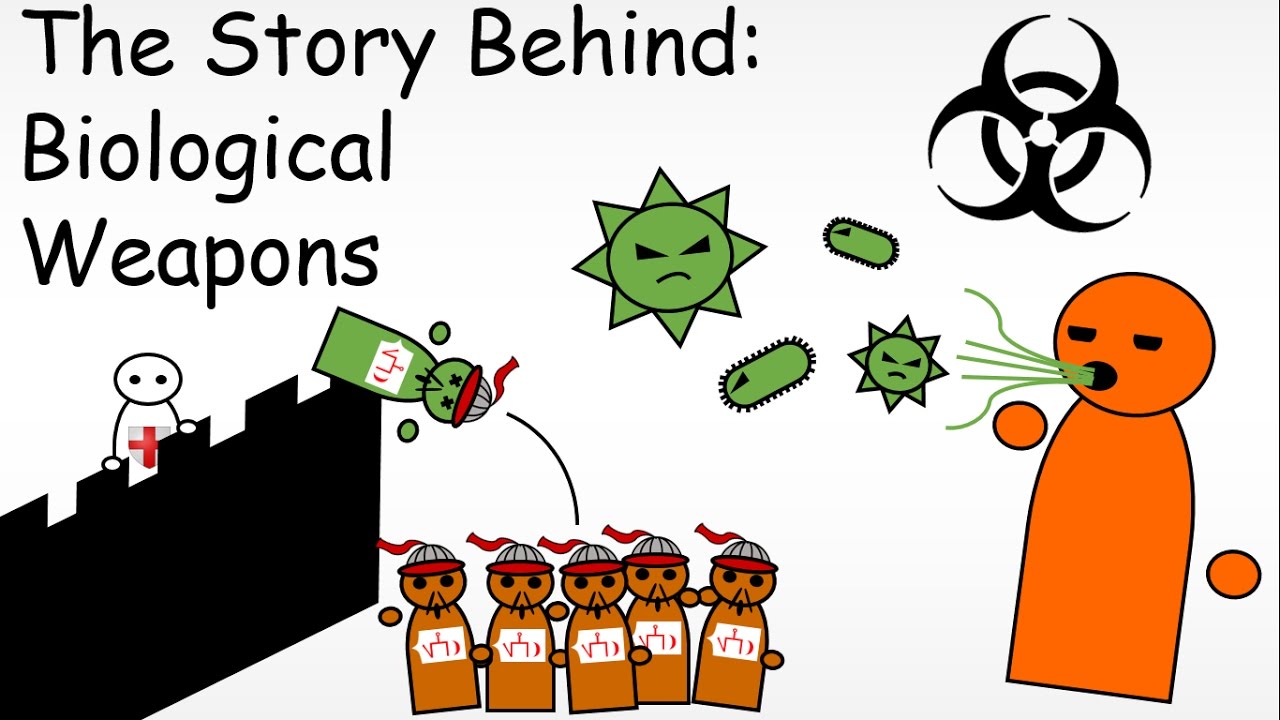
Biological weapons like plague or smallpox bacilli can bring to naught the progress that medical science has achieved over centuries. Biological disasters do not cause any immediately perceptible symptom like the atomic blast. The immediate precaution one needs to take is to get away from the infecting substance as early as possible. The nose and mouth should be covered by a cloth that would filter the air but still allow breathing.



